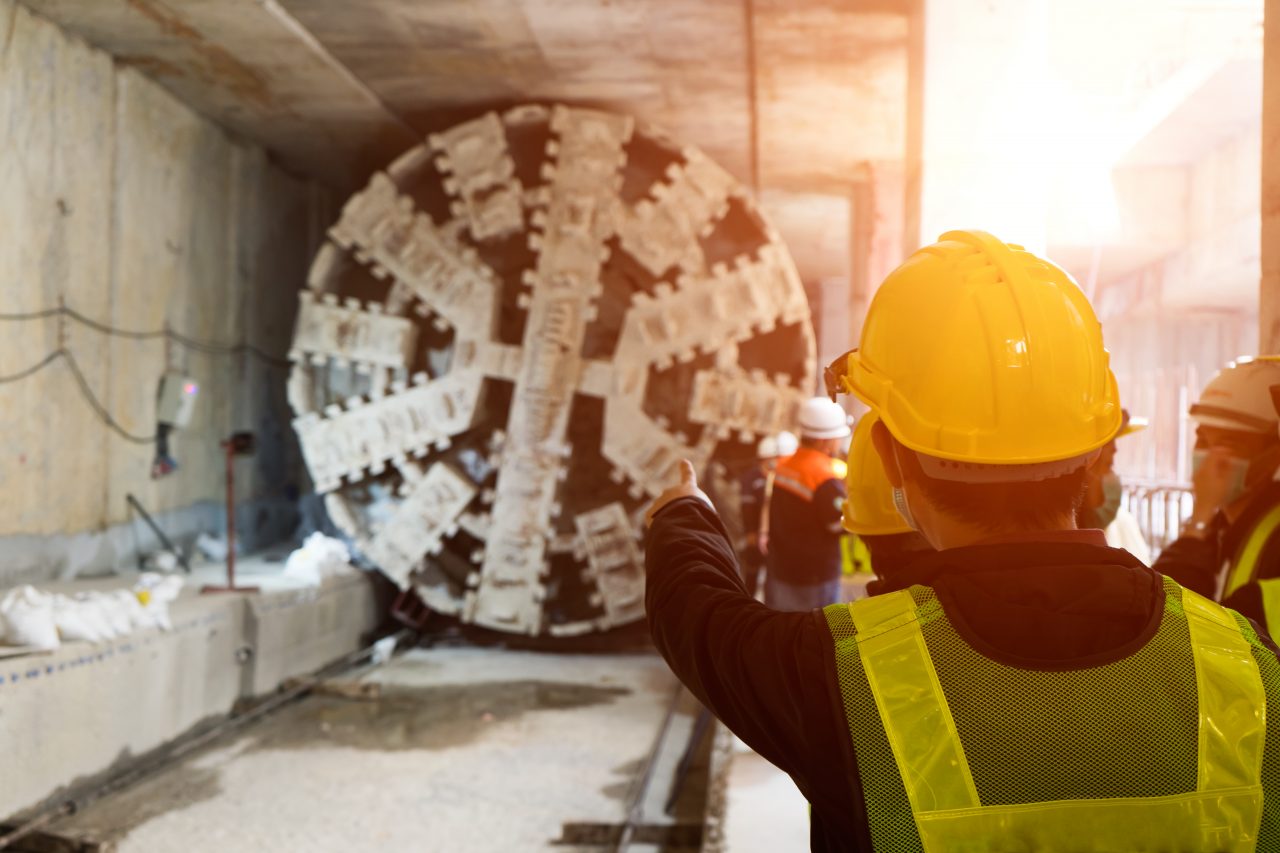In May 2021, Infrastructure Australia Chief of Infrastructure Assessment David Tucker, spoke at the Water Services Association of Australia’s session at the Ozwater conference in Adelaide. After two years of drought, a record-breaking bushfire season and 12 months of a global pandemic, the focus was understandably on taking steps to ensure that infrastructure can meet challenges, however unpredictable, countering uncertainty.
Adaptable
Tucker highlighted seven key factors that must be considered in project development to achieve the best outcome. One of these was adaptability: the ability to continually assess, build knowledge, learn and improve to inform future decisions. For example, introducing new tools, procedures and systems to improve other qualities ahead of future shocks.
Adaptable policies give businesses the power to modify their options as circumstances change and they take onboard new learnings. Ultimately, adaptability mitigates risk as it offers the flexibility to cope with a wide range of upheavals. In infrastructure, major decisions are often made based on predicted future need, sometimes up to 50 years in the future. But as the past few years have shown, a prediction might not last until the end of the week. Embedding adaptability allows you to rethink a plan, adjust a budget, repurpose infrastructure and keep moving forwards in the face of uncertainty.
Challenging Tradition
From the beginning, Infrastructure People has been committed to doing things differently. We want to challenge the traditional recruitment model for the industry, focusing on growth and partnerships rather than fees. By creating a business model that breaks down barriers, we can work collaboratively with companies at every stage of the process to embed new practices and encourage fundamental change from the beginning. We can identify opportunities to incorporate greater flexibility, provide options that will perform well under a range of alternative futures and consider potential uncertainties that may impact the budget or timeframe of a project. It’s all about making adaptability an essential part of the process.
For more Industry Insights: https://www.infrastructurepeople.net.au/industry-insights/


